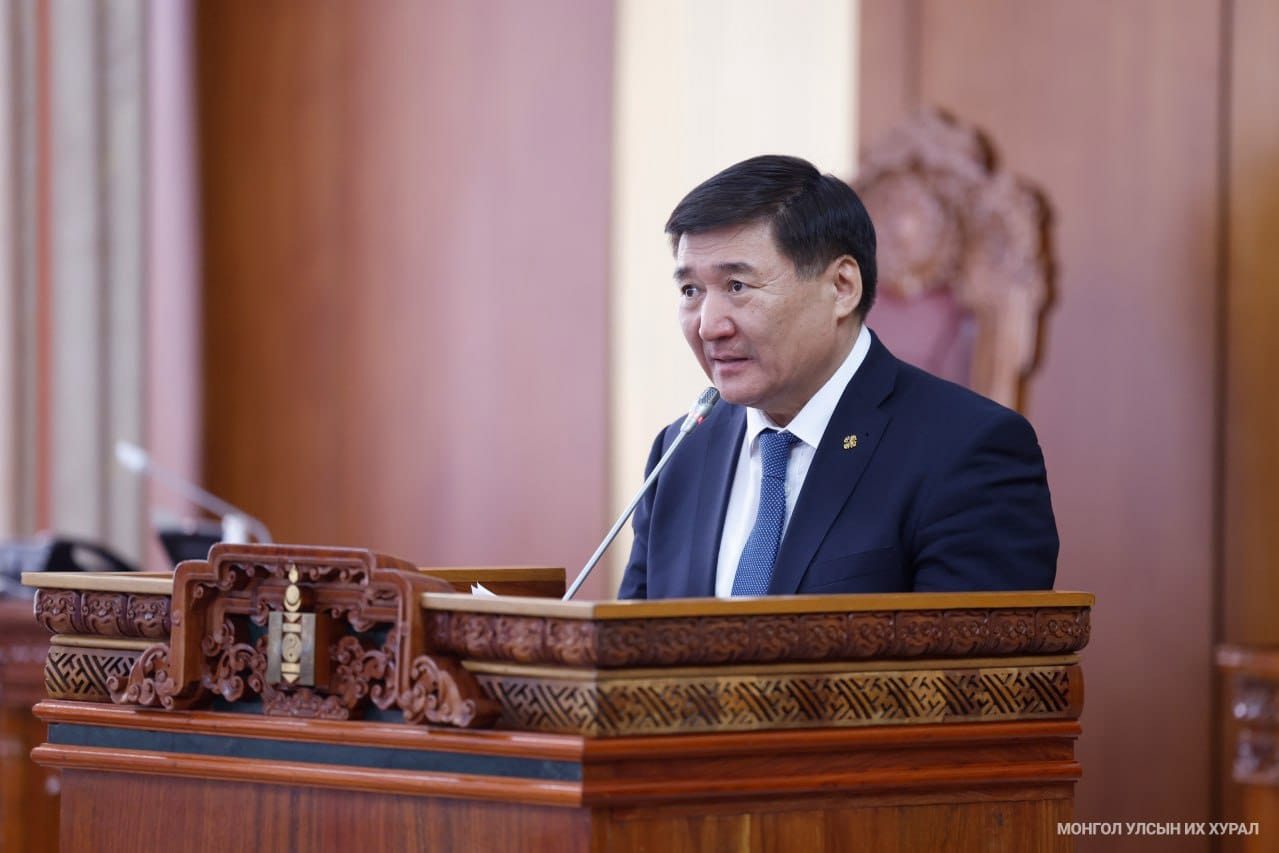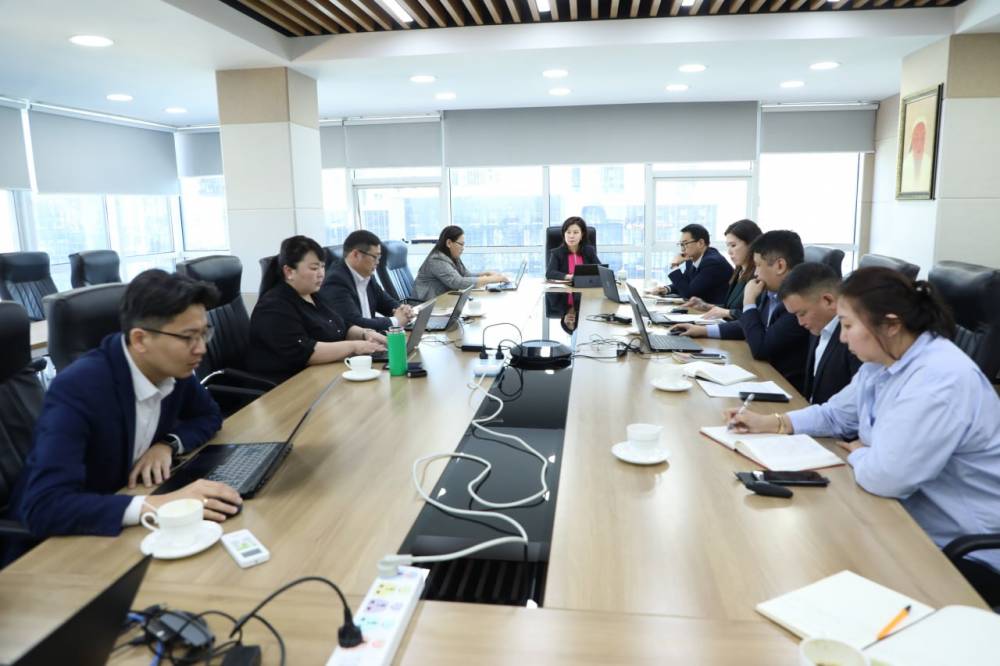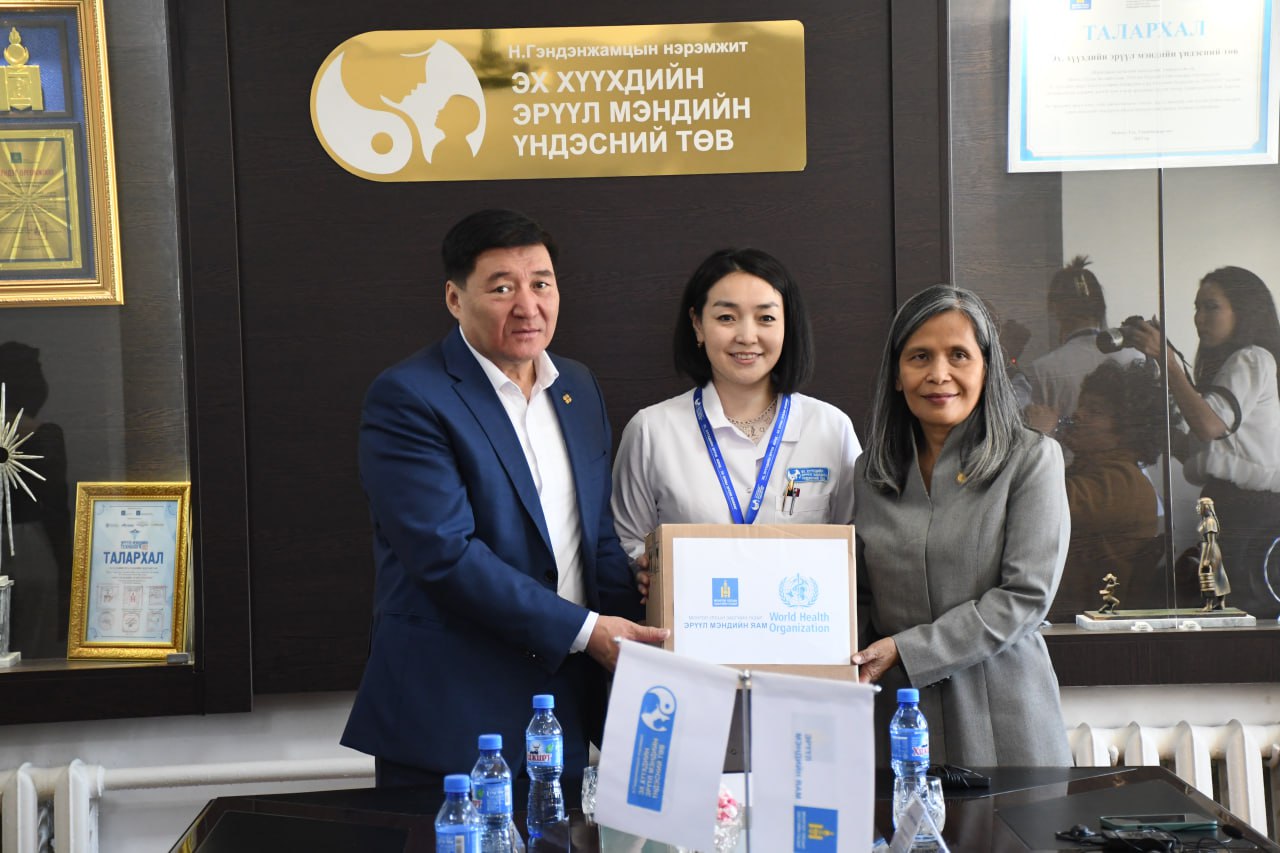On May 2, 2024, the standing committee on social policy and the general session of the Parliament of Mongolia approved the draft revision of the Law on Medicines and Medical Devices, which was submitted to the Parliament for urgent review. Minister of Health S. Chinzorig presented key changes aimed at improving the quality of medicines and reducing their prices through regulation.
Suggested changes in the law will ensure the transparency of medicine prices at all levels, will help to purchase medicines and medical devices that meet international quality standards, will allow price negotiations and setting price ceilings, reported by the Ministry of Health of Mongolia.
Minister of Health S. Chinzorig presented the introduction of the bill to the Standing Committee and the General Assembly of the Parliament of Mongolia. He said,
“The Law on Medicines was first approved in 1998, and in 2006 it was amended and changed into the Law on Medicines and Medical Devices, and then revised in 2010. Since then, it has been amended 6 times. Full introduction of modern technology and appropriate practices in the production, import, export, storage, sale, distribution, use and control of medicines, biological preparations, medical devices and health supplements that meet international standards, widely used in health care and services In order to comprehensively regulate the relations related to the use, supply, maintenance, and supply of existing medical equipment, we are presenting a revised draft of the Law on Medicines and Medical Devices”.
A major change in the law was to separate the regulation of human and veterinary drugs, and instead of using one law, it is offered to regulate human medicines and medical devices under a separate independent law.
The majority of changes in the Law on Medicines and Medical Devices focus on regulating drug quality, safety, and drug price reduction. The draft law creates a legal framework for conducting bioequivalence or therapeutic activity assessment in specialized hospitals and drug quality laboratories to control drug quality, and requires pharmaceutical factories to have an accredited laboratory for quality control.
“In addition, to improve the quality of drugs and reduce prices, the government should ensure transparency and openness of drug prices at all levels, and purchase drugs and medical equipment that meet international quality standards from international organizations and foreign countries. We must conduct price negotiations, implement price ceilings… In terms of advertising drugs and medical devices, provisions have been made to limit the advertising of drugs, medical devices, and health supplements in a way that is overly misleading to the public through social media. At the same time, it is envisaged to limit the promotion of medicines and medical devices by doctors and medical professionals”, said the Minister.
He also mentioned the Pharmaceutical Council working in the field of drug regulation at the national level. It was suggested to make the powers and duties of the commission clearer, and to change its working procedures through orders of the minister. For example, the major changes in the law include transparent and open selection of members of the Pharmaceutical Council, criteria for selecting members of the Pharmaceutical Council, and the term of service for its members.
In relation to traditional medicines and their raw materials, the traditional medicines of the national industry are registered based on their sources, and the raw materials are registered and monitored in the unified electronic database together with the traditional medicines.
Medical equipment and supplies are classified according to the level of risk, and relevant regulations are included to differentiate them. For example, when importing high-risk instruments and equipment such as CT, MRI, and PET (positron emission tomography) scans, the accessories should be imported together, regular calibration evaluations should be carried out, ensuring full service safety, and monitoring should be done to check if the materials and equipment meet the quality requirements and expiry dates.
The requirements for medicine supply organizations have been expanded and other requirements have been added in detail in accordance with international standards, such as storage and proper distribution practices. In addition, the law expands the rights and responsibilities of stakeholders involved in the use of medicines, such as doctors and health care organizations. For example,
Doctors must explain to the citizen the dosage, method of administration, total duration of treatment, possible side effects and interactions, and report side effects of drugs every time;
Health care organizations should constantly monitor the quality of drug use, conduct regular surveillance studies on the quality of drugs, and regularly review and report the side effects of drugs used in healthcare services;
When dispensing medicine, the pharmacist should inform the customer about the method of use, storage, and proper use of the medicine, and when repacking the medicine to the citizen, it is mandatory to write the name, dosage, and method of use of the medicine on the label.
This law can present a best practice model for other countries seeking to better regulate the use and management of medicines.





